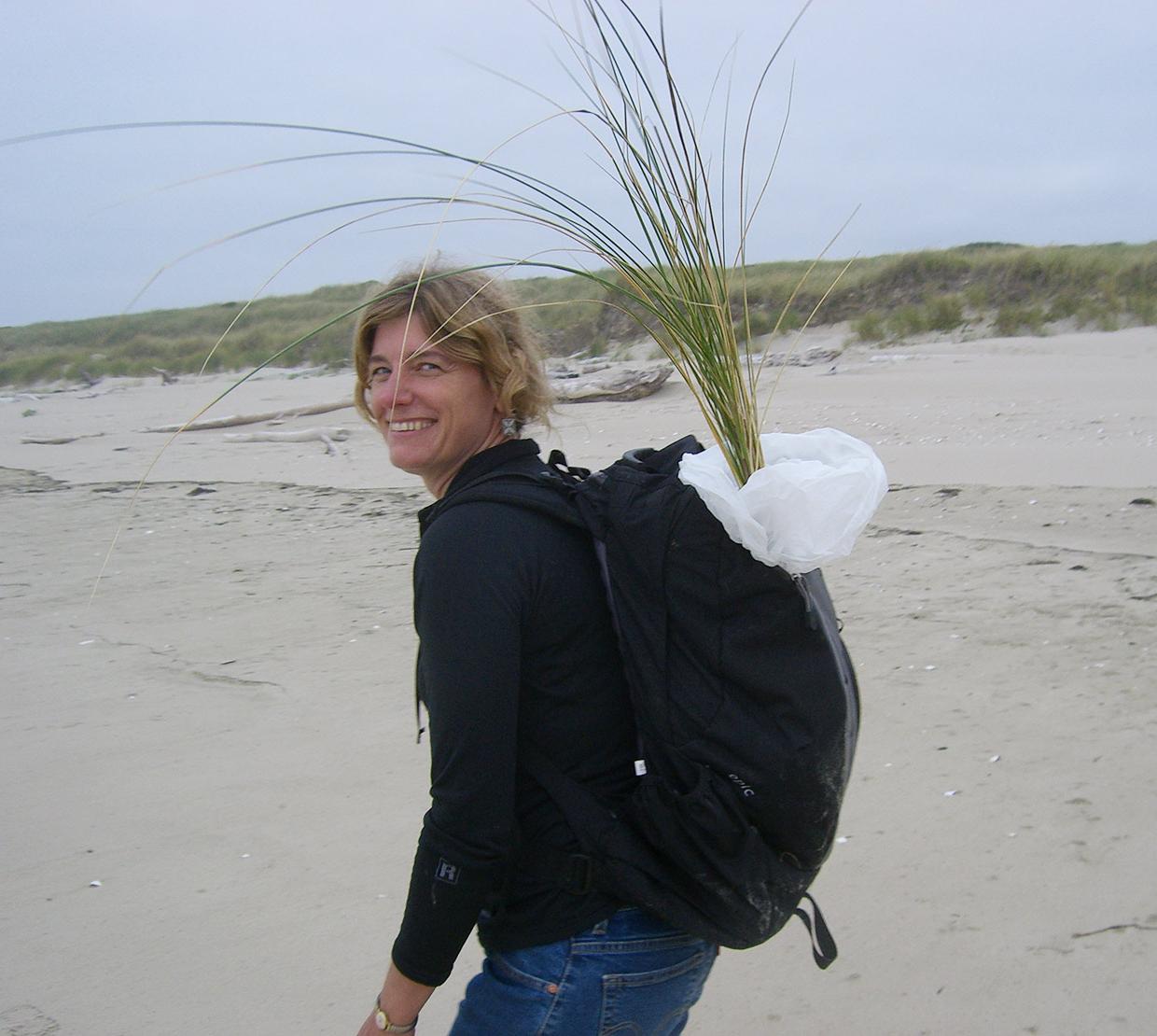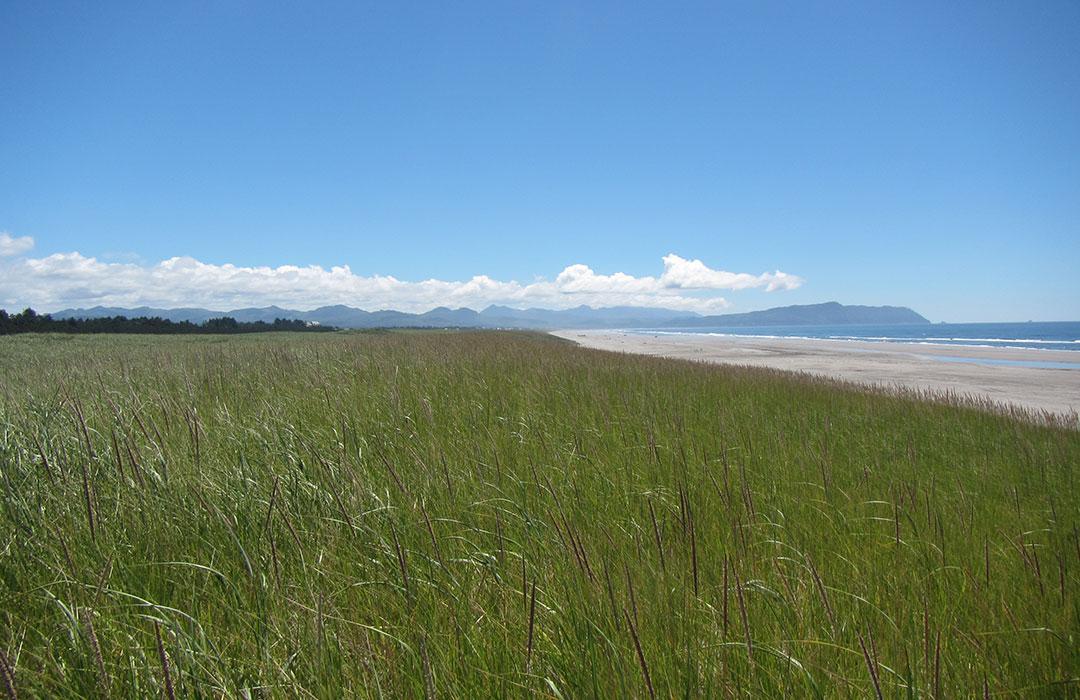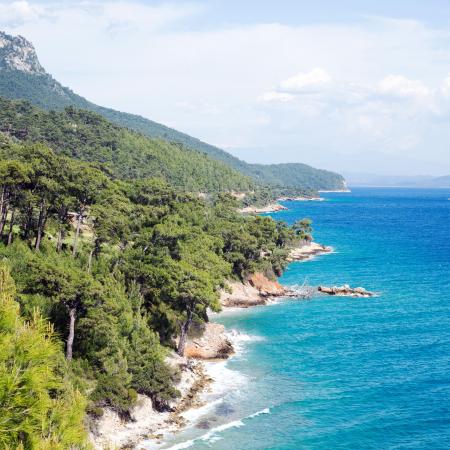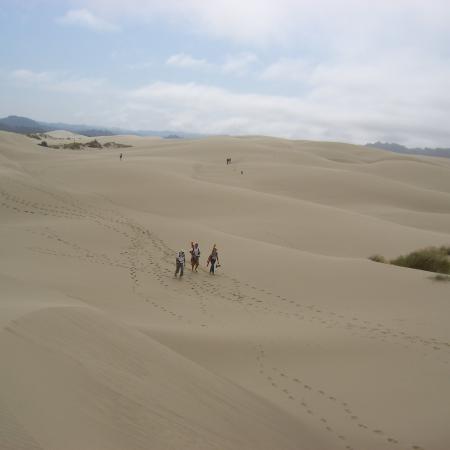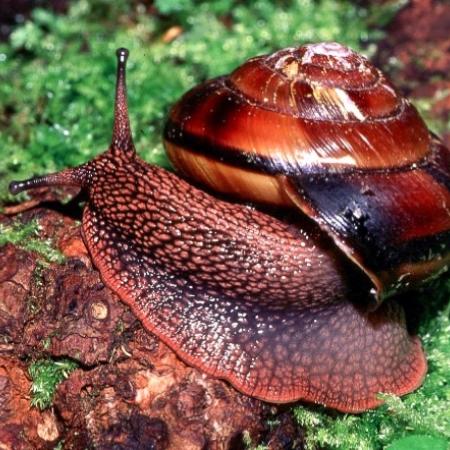The American Association for the Advancement of Science (AAAS) announced Sally D. Hacker, professor of integrative biology in the College of Science, as a 2017 Fellow last week. AAAS is the world’s largest multidisciplinary scientific society.
Hacker joins 396 newly elected AAAS Fellows, chosen by their peers “in recognition of their contributions to science and technology, scientific leadership and extraordinary achievements across disciplines,” according to AAAS.
Two Oregon State University scientists have been named AAAS Fellows this year. Besides Hacker, Dominique M. Bachelet, an associate professor of Biological and Ecological Engineering, is also a 2017 AAAS Fellow. They join 30 colleagues across Oregon State, who have held this honor since 1965.
Hacker was recognized by AAAS for “distinguished contributions to the field of coastal ecology, particularly investigating the importance of native and non-native species interactions to community structures, function and services.”
Founded in 1848, AAAS publishes the leading journal Science and other cutting-edge research journals. AAAS fellows comprise an illustrious group of scientists such as inventor Thomas Edison, anthropologist Margaret Mead and biologist James Watson.
The 2017 AAAS Fellows also will be announced in the AAAS News & Notes section of the November 24, 2017, issue of Science magazine. Hacker and other 2017 AAAS fellows will be recognized at the 2018 AAAS annual meeting in Austin, Texas, February 15–19, 2018.
Studying the value of marine ecosystems
As a community ecologist, Hacker has studied the coastal habitats of estuaries, dunes, sandy beaches and rocky shore communities for more than two decades. She is an expert on the role and influence of native and non-native plant species in the Pacific Northwest coast, their ecological consequences and how they modify and transform communities through biophysical interactions with the coastal ecosystem.
Her studies on the effects of non-native beach grasses—transplanted from Europe and the East Coast of the United States to the sand dunes of the Pacific Northwest a century ago—upon coastal dune ecosystems has led to important discoveries about their role in biodiversity, dune formation through sand capture, and the coastal protection as barriers against storms and floods. Sandy beaches and dunes not only provide important recreational opportunities but also offset the harmful effects of sea level rise and increased storminess.
“The reason why I think dunes and their vegetation are so interesting is because of their large bioengineering effect on the environment. The grasses help to build a protective ecosystem—to me it is fascinating that you can have an organism that is creating a habitat and protective structure with immense environmental and human benefits,” said Hacker, who joined OSU’s College of Science faculty in 2004.
Hacker’s research has gained renown for her distinctive approach in raising awareness about the incredible value of coastal ecosystems and advocating for their management and conservation. An article she co-authored with other ecologists and economists, “The value of estuarine and coastal ecosystem services,” has been cited more than 1,300 times and is a canonical, landmark publication in the area of marine ecosystem services and benefits.
